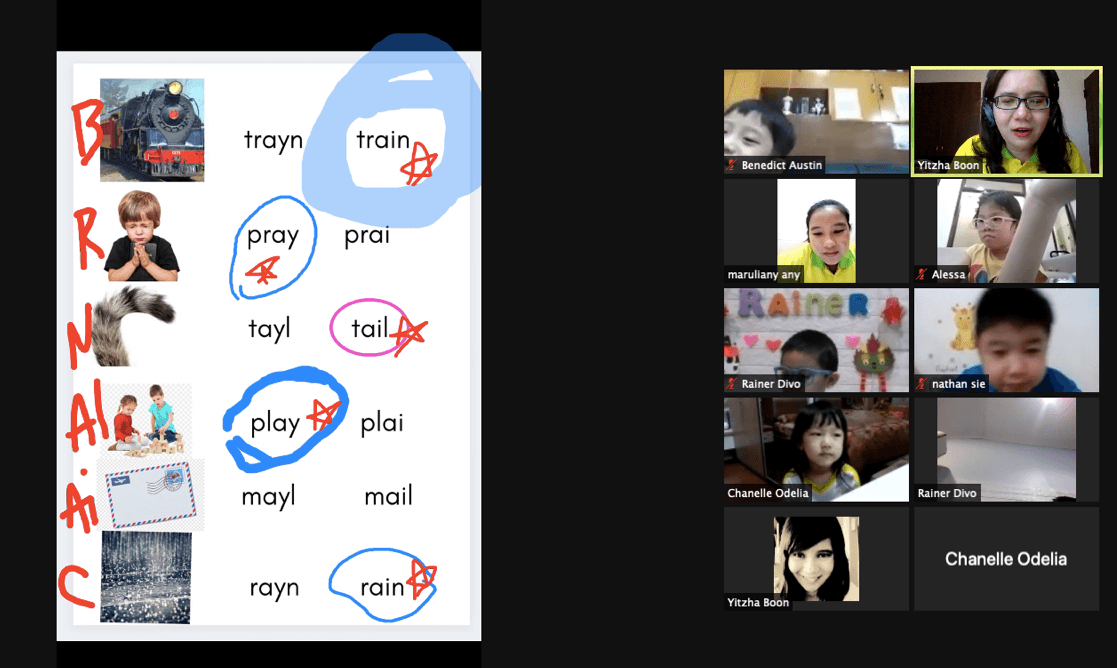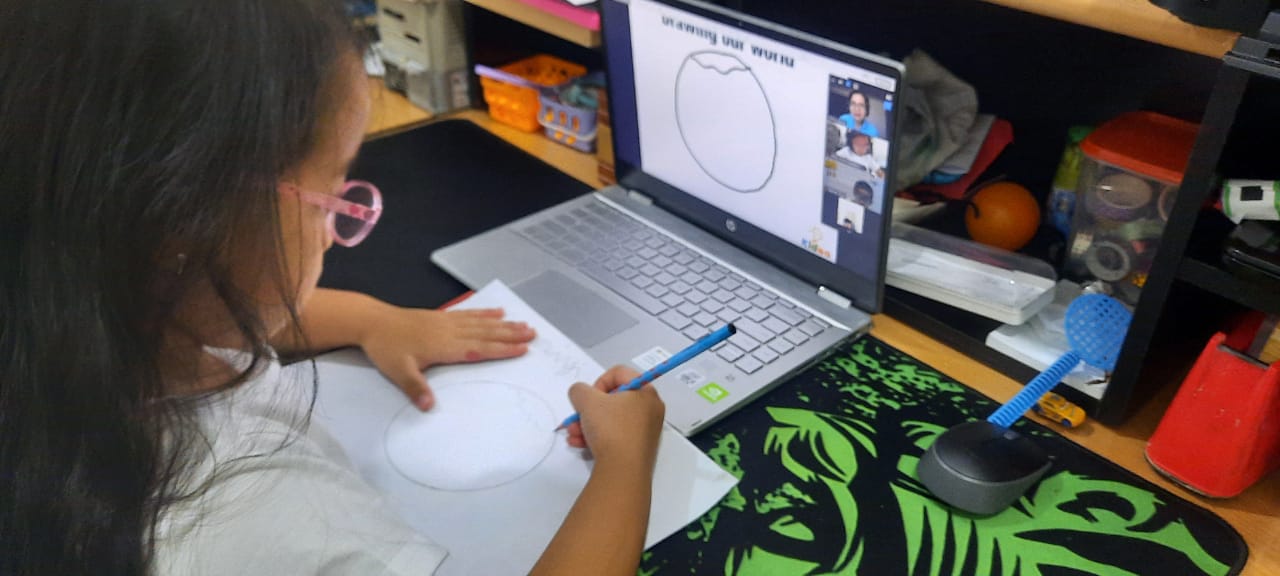 Three major pandemic lessons
Three major pandemic lessons
Aziz Soubai
COVID-19 has impacted the world in many negative ways. Because of the pandemic we live in stressful times; airports have been closed and there is a lot of social distancing. Some schools are still closed and there are extra duties waiting teachers and educators. But, in this post I’m not going to talk about the virus; I’m not a scientist. I will, however, share three very positive lessons I have learned from this situation.
Interaction is priceless
Let’s begin with the first one. Teachers are irreplaceable. Companies raced against time to design and develop learning management systems and applications, and create or update teaching and learning websites. Many materials and resources are now shared daily online to help students continue education or offer them some kind of remedial work. “The tech world’s quickness to react to the pandemic may not be surprising because they were best positioned to make the shift to a more digital world and to benefit from the new status quo.”
These amazing digital tools and devices are doing a great job to improve knowledge retention, improve engagement, and develop 21st century skills. However, face-to-face teaching and interaction is priceless. No matter how sophisticated technology becomes, it can’t equal the real presence of the teacher in an actual classroom.
Collaboration has power
The second point has to do with the power of collaboration. Many schools around the world were shut down because of the pandemic. This was an opportunity for teachers and educators to think of tools or platforms to allow them to stay connected with their learners and with colleagues for continuing professional development. I created Everyone Academy to encourage online collaboration among individuals (teachers, educators, university students, researchers), develop a sense of community, and provide equal chances for everyone to have access to education. The first webinar was with iTDi Faculty, Dr. Stephen Krashen, and then we conducted series of webinars with speakers from different countries like USA, Canada, Japan , Malaysia and Argentina.
I realized that we as educators need each other more than ever and we are only strong and better when we are together. Maybe this will sound like a cliché, but this is the new reality. This also means we need to maximize online and offline collaboration, share more resources, exchange experiences and most of all, train teachers to use educational technology tools.
Focus on what works best for you and your students
The third and final point is related to online or virtual education. During these stressful times, we had the chance to see many technological tools, and webinars on how to use or integrate these tools in the classroom. Technology is not reliable all the time, but it is essential for us to learn how to use it effectively. The lesson that I learned is that as teachers we should not try to focus on every technology tool and LMS. You won’t have the time or energy for that and it will be useless. Here is my tip: try directing your attention and effort to one favourite tool that you think might suit your teaching context and the kind of learners you have. For example, I use Edmodo, and every day I learn new ways to integrate it into my classroom practice. I also train my students to navigate the application, ask questions and submit assignments.
I will conclude by saying that there are so many ways teachers can change the world for the better. One of these ways is continuous online collaboration. This crisis has shown the huge importance of teacher-teacher relationships. This will in turn improve and strengthen teacher-student relationships, because when we meet and share our classroom challenges we grow and become more creative and innovative. Two heads are always better than one.

 Teaching During Challenging Times: A Canadian Perspective
Teaching During Challenging Times: A Canadian Perspective Dancing on my own (A story of teaching kindergarten online)
Dancing on my own (A story of teaching kindergarten online)
